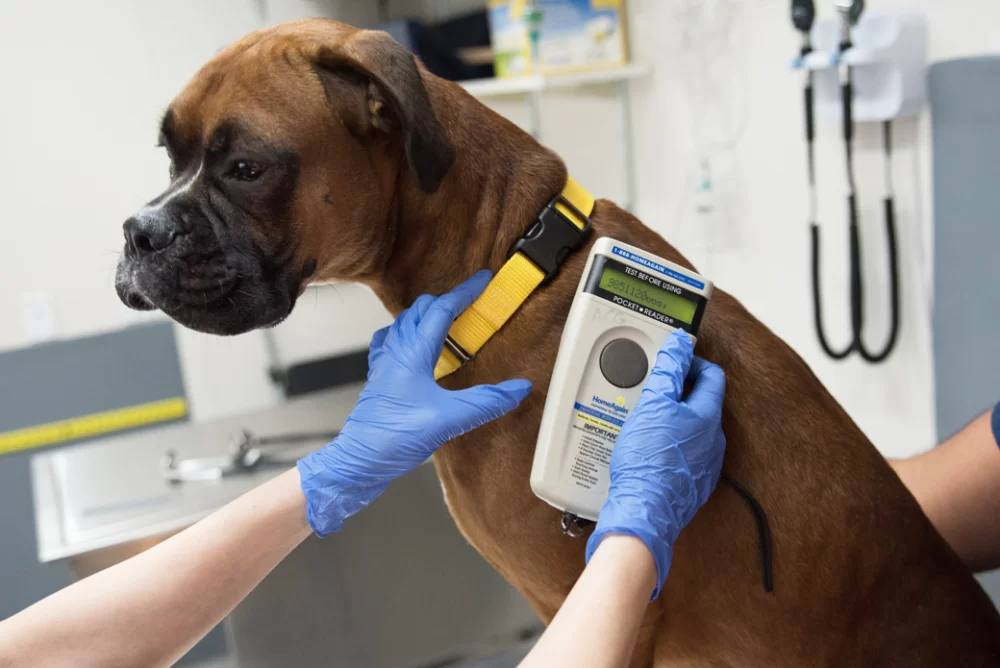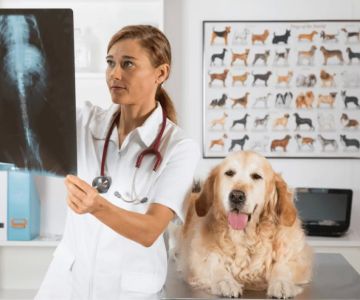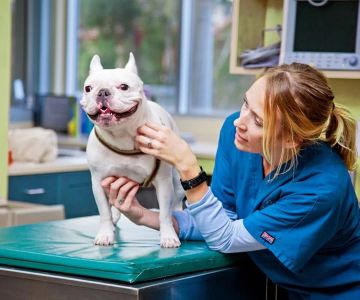Exploring Veterinary Forensic Science: The Intersection of Animal Care and Crime Investigation
- 1-Definition-and-Scope-of-Veterinary-Forensic-Science
- 2-Key-Techniques-Used-in-Veterinary-Forensic-Investigations
- 3-Role-of-Veterinary-Forensics-in-Animal-Crime-Cases
- 4-Notable-Cases-Highlight-Veterinary-Forensics-Impact
- 5-Challenges-and-Future-Trends-in-Veterinary-Forensics
- 6-How-to-Benefit-from-Veterinary-Forensic-Science-Services
1. Definition and Scope of Veterinary Forensic Science
Veterinary forensic science is a specialized field that applies veterinary knowledge and forensic principles to investigate crimes involving animals. It merges animal health expertise with criminal investigation techniques to provide critical evidence in cases such as animal abuse, neglect, poisoning, and illegal trade.
This emerging discipline plays a vital role in ensuring justice for animals by meticulously examining evidence from crime scenes, performing necropsies, and interpreting biological samples. Veterinary forensic science extends beyond clinical care, encompassing legal procedures and courtroom testimony to protect animal welfare and uphold the law.
2. Key Techniques Used in Veterinary Forensic Investigations
Forensic veterinarians employ various scientific techniques to uncover facts and build cases. These include:
- Necropsy Analysis: Performing post-mortem examinations to determine cause of death and identify injuries or toxins.
- DNA Profiling: Collecting and analyzing genetic material to link suspects to animal victims or crime scenes.
- Toxicology Testing: Detecting poisons or harmful substances in tissues or fluids.
- Trace Evidence Examination: Studying hair, fibers, or soil to establish connections.
- Photographic Documentation: Capturing detailed images of injuries and scenes for legal evidence.
These methods are integral to providing scientifically sound conclusions in legal contexts.
3. Role of Veterinary Forensics in Animal Crime Cases
Veterinary forensic science is crucial in a wide range of cases, including:
- Animal Abuse and Neglect: Documenting physical harm and poor care conditions to support prosecution.
- Illegal Wildlife Trafficking: Identifying species and tracing origins to combat smuggling.
- Livestock Theft or Poisoning: Investigating damages affecting agriculture and rural livelihoods.
- Dog Fighting and Animal Cruelty Rings: Providing evidence to dismantle criminal networks.
The insights gained from forensic investigations assist law enforcement and judicial systems in ensuring that perpetrators are held accountable.
4. Notable Cases Highlight Veterinary Forensics Impact
Recent high-profile cases have demonstrated the power of veterinary forensic science. For example, forensic analysis helped convict individuals in a large-scale puppy mill operation by exposing unsanitary and abusive conditions leading to animal fatalities. Another case involved tracing poison in a public park to identify a malicious act against pets, leading to community awareness and stricter regulations.
Such stories emphasize how veterinary forensic experts serve as advocates for animals, using science to bring hidden crimes to light and deliver justice.
5. Challenges and Future Trends in Veterinary Forensics
Despite advances, veterinary forensic science faces challenges like limited specialized training programs, resource constraints, and jurisdictional complexities. However, growing recognition and technological progress promise a robust future.
Emerging trends include increased use of digital forensics, enhanced DNA databases for animals, and interdisciplinary collaborations with law enforcement and environmental agencies. These developments will expand the scope and effectiveness of veterinary forensic investigations.
6. How to Benefit from Veterinary Forensic Science Services
Whether you are a pet owner, animal welfare advocate, or legal professional, understanding veterinary forensic science can empower you to respond effectively to animal-related crimes. Engaging experts can provide critical evidence, support investigations, and contribute to fair legal outcomes.
If you want to explore services related to veterinary forensic science or need guidance on specific cases, consider consulting trusted providers who combine veterinary expertise with forensic rigor. These professionals offer invaluable support for protecting animals and upholding justice.
By embracing veterinary forensic science, we not only advance animal welfare but also strengthen our commitment to ethical responsibility and law enforcement.
Ready to deepen your understanding or acquire professional veterinary forensic science products? Explore offerings designed to enhance investigative accuracy and effectiveness. Taking the next step with trusted resources ensures you are well-equipped to make a meaningful impact.












